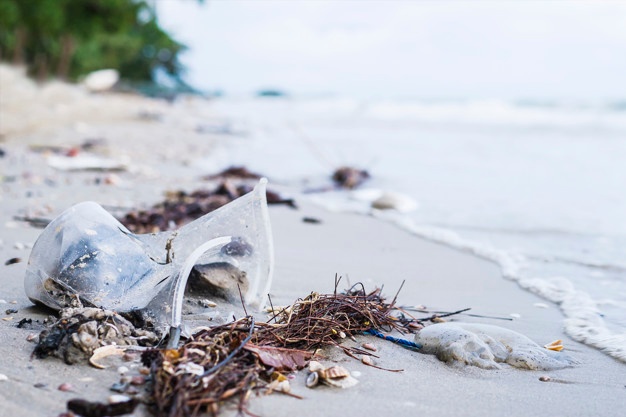Problems

Water Pollution
Toxic compounds enter water bodies such as lakes, rivers, and seas, where they are dissolved, suspended in the water, or deposit on the bed, resulting in water pollution. Water quality suffers as a result of this. Not only would this be disastrous for aquatic ecosystems, but the contaminants will also seep through and reach groundwater, potentially contaminating the water we use in our daily activities, including drinking.
Don't be mean, keep it clean.
Clean water is blessing from God, don't pollute it.
Save water before it’s too late
Sauces of Water Pollution
Sewage (Waste Water) Sewage is another name for waste water from domestic and industrial processes.
Agricultural Pollution The agriculture industry covers 76% of the land area of England and Wales.
Oil Pollution
River dumping
Marine Dumping
Causes of Water Pollution
Water pollution can occur in a variety of ways, with city sewage and industrial waste discharge being one of the most harmful. Contaminants that reach the water supply through soils or groundwater systems, as well as rain, are examples of indirect sources
of water contamination.
Human farming activities, as well as poorly disposed of industrial wastes, are found in soils and groundwaters.
Water Pollution Effects
On The Environment
Water pollution truly harms biodiversity and aquatic ecosystems. The toxic chemicals can change the color of water and increase the amount of minerals - also known as eutrophication - which has a
bad impact on life in water.
On Human Health
A lot of diseases result from drinking or being in contact with contaminated water, such as diarrhea, cholera, typhoid, dysentery or skin infections. In zones where there is no available
drinking water, the main risk is dehydration obviously.

Poor Sanitation
Poor sanitation is when people who live in a particular setting don't have access to safe water, good sewage system and live in a dirty environment. And more importantly lacks access to proper latrine.
How does Poor Sanitation Affect Health
For millions of people, illnesses caused by germs and worms in feces are a regular source of suffering. These infections can last for years and can lead to additional health issues like dehydration, anemia, and malnutrition.

Causes of poor sanitation
Globally, the most significant cause of poor sanitation is a lack of education. Even the simple act of washing hands on a regular basis can have a significant impact on a community's overall health. Let's look at a few of the factors
that contribute to poor sanitation.
Open defecation
Open defecation pollutes the environment and is a leading cause of preventable disease transmission.
Unsafe drinking water
Each year, it is estimated that unsafe, untreated, and contaminated drinking water causes more than 500,000 diarrhoeal fatalities. Simple sanitary measures and
clean drinking water could avoid many of them. In locations where clean drinking water is scarce, diseases such as diarrhoea, cholera, dysentery, typhoid, and polio are common.
High density living
In regions where informal or semi-permanent settlements emerge, the high density of these areas, along with limited access to sanitation programs and supplies, implies
that sewage and garbage are likely to be improperly handled.
Lack of education
This is a relatively simple issue to address, as education often begins in the form of school programs that educate youngsters the value of good hygiene, waste management,
clean drinking water, and hand washing.